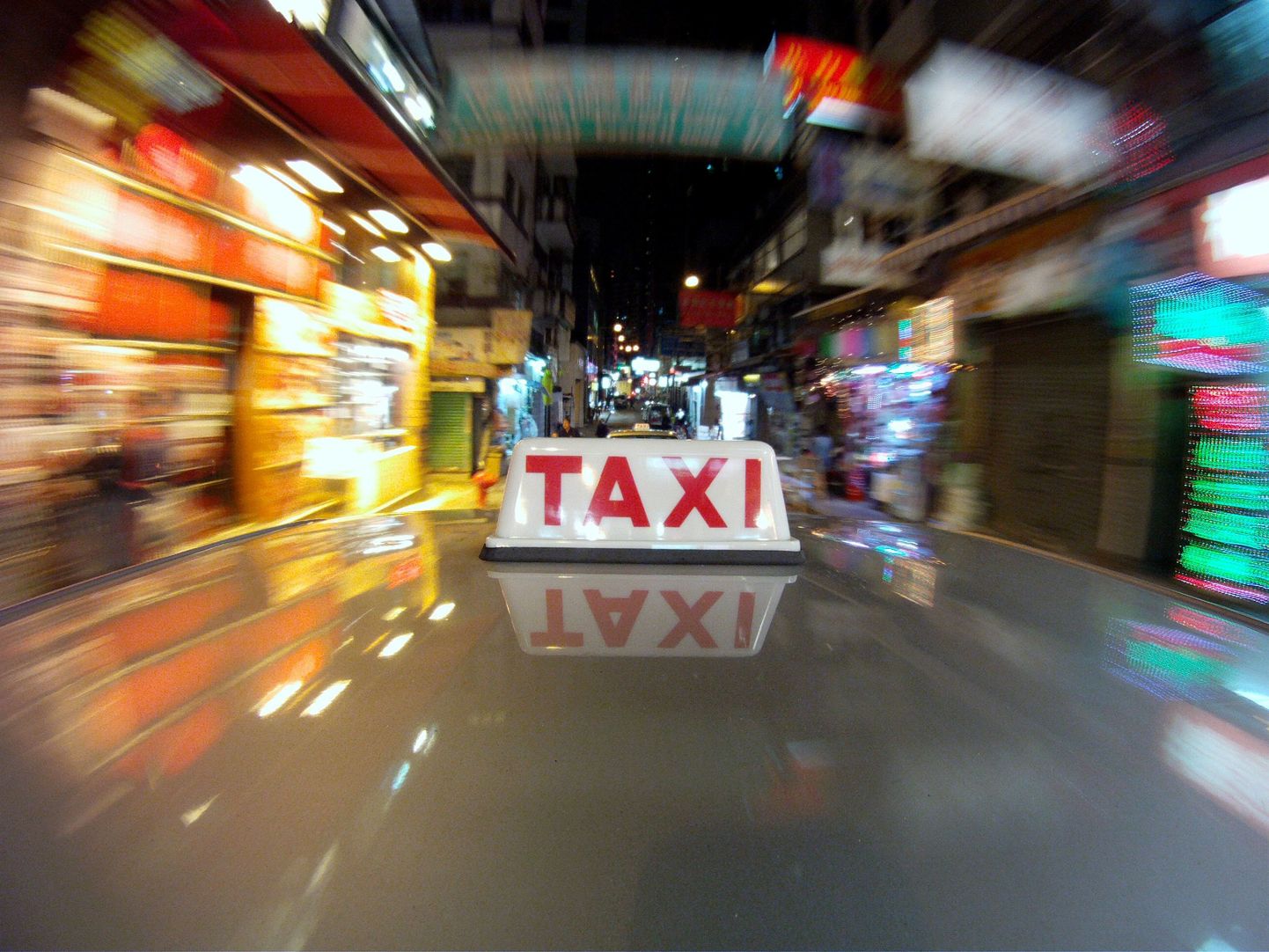
Luggage for extra charge; taximeter switched on before reaching clients; local governments forbidden from setting ceilings to taxi fees… just some of the proposals by Taxi Drivers Union, to lawmakers.

Luggage for extra charge; taximeter switched on before reaching clients; local governments forbidden from setting ceilings to taxi fees… just some of the proposals by Taxi Drivers Union, to lawmakers.
The proposals concern Public Transport Act, draft 404SE, currently considered by Economic Affairs Committee of the Riigikogu, lead by chairwoman Kaja Kallas. In short, taxi drivers desire the following: comfy working conditions from local authorities, freedom to set their own prices.
Luggage for more money
The Union indeed agrees to the current provision of the draft allowing local governments to set a unified standard for taxi process on their territory, but wants taxi drivers to have the right to make special offers and, if needed, to add lines to the price lists.
The Union thinks the law ought to include minimal details of the price list; however, in addition to all other services, the list needs to include luggage carrying fee, the Union desiring the right to demand this from customers.
The reason being unfair treatment. For instance: Tallinn has ruled that taxi trunks be minimum 400 litres, demanding that the taxi companies use bigger and more expensive vehicles. Also, luggage wears out the car.
«Luggage increases fuel consumption, the luggage compartment being damaged in transport. To compensate the expenses of the carriers, luggage carriage must be paid, like in Finland and the rest of the world,» substantiates the Union. «We think the luggage fee substantiated, conformable to the expectations of both customers and carriers.»
Still out of sight, taximeter running
Also, the Union wants rights, in cases of orders outside of service area, to switch taximeter on upon crossing the service area line i.e. before reaching the customer. The aim being ensuring taxi drivers ample compensation, as after servicing the customer, they are legally bound to return to their service areas – thereby incurring extra expenses.
The Union also wants to lengthen the more expensive night tariff time to 10 hours, like in Finland, claiming the higher tariff would motivate carriers to keep more cars in service in the early hours of the day.
The Union also has a solution for customers failing to pay for the ride: the law must include, for such people, fines to the tune of 50 penalty units.
Forget taxi price ceilings
Right now, the draft would allow local councils to set lower and upper limits to tariffs, considering opportunities for taxi companies to make a reasonable profit. The Union wishes to abolish such a clause, as it limits their freedom to conduct a business.
«The provision infringes upon the constitution and the freedom to conduct a business, hindering and substantially damaging the free competition and entrepreneurial freedom of carriers (taxi drivers),» claims the Union.
The Union also says that the Ministry wants to set price limits like in Finland, not considering that in Finland, the taxi licences limit is set according to population of the localities, the state also subsidising taxi transport. Also, taxi drivers do not believe there would be people competent enough to set price limits, in the local governments. They would not expect local governments to invite taxi companies to the table, to discuss price limits.
Let local governments keep order
The draft currently includes a demand that possessors of terminals, bus stations, stops and parking areas grant regular service providers equal opportunities. The Union thinks taxis and taxi stops, in the stops of in their vicinity, as the users thereof may also need taxi services.
Pursuant to a paragraph of the draft, local governments shall ensure all taxi companies, taxi drivers and vehicles within their territory possess all required licences. The taxi drivers want to also lay upon them the responsibility to see to it that the taxi stops be used by taxies only. Other vehicles parking there should be removed by the local government, thus guaranteeing taxi drivers’ equal treatment.
ASBLs not to distribute taxi licences
The daft-makers propose that community or town governments may lessen their burden of responsibilities, authorising non-profit organisations to issue taxi licences and other needed documents. The taxi drivers, however, do not want that.
«Doing this, they would acquire access to all personal data. Neither the carriers not taxi drivers desire third persons to have access to their personal data. The carriers also lack confidence that, under some circumstances, the data of carriers, taxi drivers or legal persons would not be leaked or sold,» says the Union. What’s more: taxi drivers claim this would be fertile grounds to do business with taxi licences.
How many of the taxi drivers proposals will actually make it to the laws, time will tell.